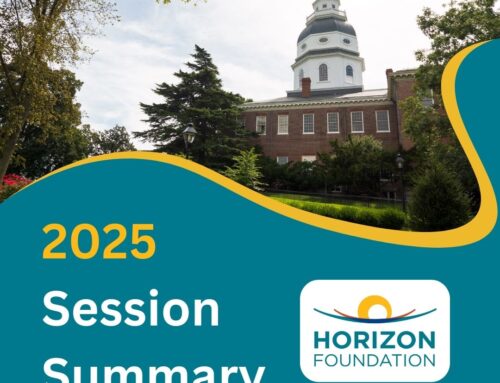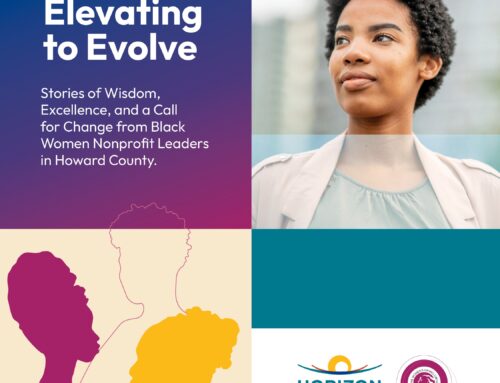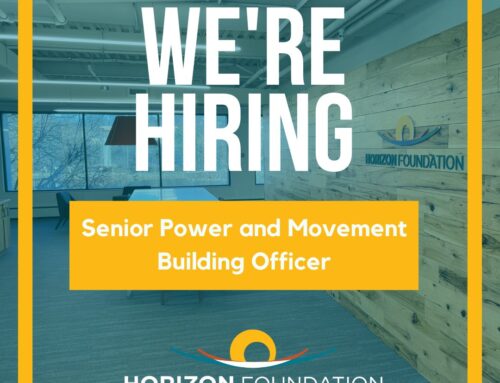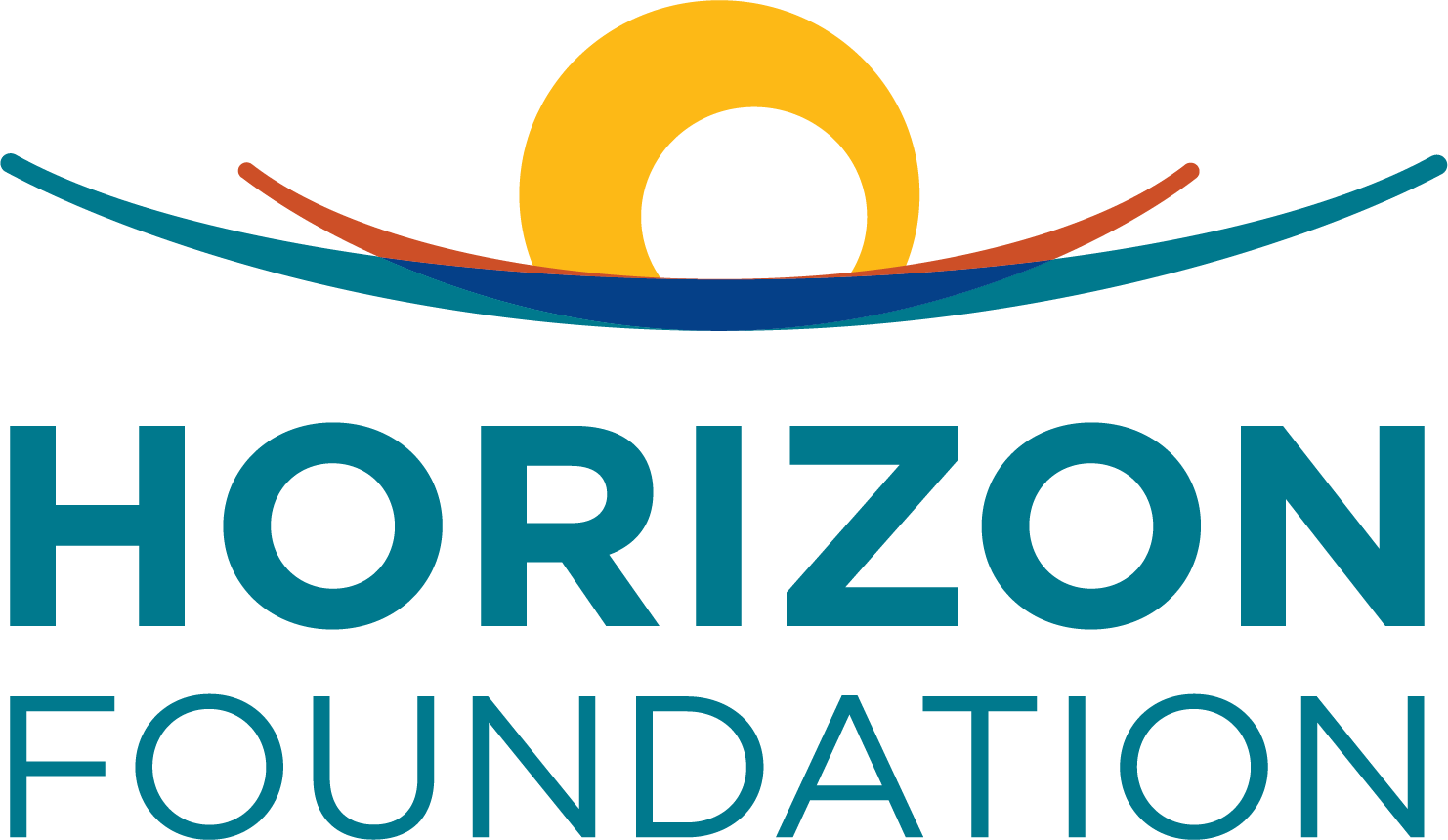 As a dedicated Howard County educator for many years, Alice Harris has a passion for helping young people and their families. Working on health issues may not have been her focus from the start, but over time, as a school administrator, she began to notice how the young students and their families were being impacted by chronic diseases like diabetes – a disease with which Alice is all too familiar.
As a dedicated Howard County educator for many years, Alice Harris has a passion for helping young people and their families. Working on health issues may not have been her focus from the start, but over time, as a school administrator, she began to notice how the young students and their families were being impacted by chronic diseases like diabetes – a disease with which Alice is all too familiar.
“Diabetes hits home for me because it is something my family has experienced on a multigenerational level,” says Alice. “My mother, aunts, grandparents, and other relatives have all dealt with the impact of this disease on some level. Having attended many funerals of family members who have lost their battles with this disease, I realized it was time for us to come together as a family to make some changes and break this cycle that had been so interwoven throughout our family. I realized we could do better.”
Alice, who is African American, and her family are representative of the long and disproportionate history of diabetes and other chronic diseases plaguing the Black community in America. Local data shows that approximately 13% of Howard County adults are living with diabetes – but African American residents are more than twice as likely as their white counterparts to have diabetes. Nationally, Black Americans are twice as likely than White Americans to die of diabetes and three times as likely to be hospitalized for diabetes-related complications.
Reasons for the pervasiveness of diabetes and related chronic diseases in the Black community go back centuries, with systemic racism at the root of it all. Black neighborhoods are much less likely to have access to affordable fresh fruits and vegetables and safe places to exercise, but more likely to have fast food restaurants and convenience stores as their main options for food. Black Americans have historically had much less access to adequate, affordable health care, including primary and preventative care, which can help with early detection and treatment of diabetes. Additionally, clinical trials for diabetes have historically been overrepresented by Whites so research on how to best treat diabetes in African Americans has lagged behind that of Whites. And to this day, advertising for unhealthy foods and drinks – including candy, sugary drinks, and other snacks –disproportionately targets communities of color.
To “do better,” as Alice says, on a community level, it’s not just about making different choices about what to put in one’s body – it’s about bolstering the community’s ability to have better choices to make in the first place. Alice had previously worked with the Horizon Foundation to reduce consumption of sugary drinks and help teach students about making healthier food choices. But when the opportunity to work on a campaign to fight diabetes in Howard County came up as part of the Foundation’s Advancing Community Advocacy Fellowship, Alice decided to take this work to the next level.
Since the beginning of 2022, she has worked with the Foundation and other partners to launch the Healthier Choices Coalition, which advocates for policies to make healthier food and drink more widely available, accessible and affordable for everyone in Howard County. Her goal is to scale up the solutions across Howard County that she would share with her family members and students about the importance of making changes to support their health.
“I felt the need to start having these conversations with families at risk earlier, and approach this issue from a prevention perspective as well as an intervention,” says Alice. “The Coalition seeks to do that on a broader community level. We know from the data that diabetes is a major health issue in our community, particularly in communities of color.”
A year and a half into her fellowship, Alice is leading the Healthier Choices Coalition to work on several important policy initiatives to make fresh fruits and vegetables more accessible and affordable – and is already making a big impact. After months of advocacy from the Coalition, the Howard County administration agreed to partner with the Roving Radish to launch a new mobile farmers market that will visit underserved areas of the county and boost matching dollars for residents on federal food programs, such as SNAP and WIC, to make produce more affordable. This means that many low-income residents and community members who are not able to easily access farmers markets or grocery stores with healthy produce will now have fresh, local fruits and vegetables brought to their neighborhoods and available at an affordable price.
“We are excited to get the mobile market launched and funded so we can reach the communities that currently don’t have access,” says Alice. “This is a great start that will lead to other creative solutions to help residents live healthier lives.”
In addition to planning for the mobile market’s anticipated launch next year, Alice is also helping to lead the Coalition’s efforts to ensure students have access to healthy and fresh meals at school. Howard County parents and their children can currently fill out this survey to provide feedback on their school’s breakfast and lunch options; the responses will help inform the Coalition’s work moving forward.
On top of the Coalition’s policy victories, Alice is most proud of the partnerships she is building across the community to elevate diabetes as a priority – from the Howard County Administration to the dozens of community organizations and individuals who have signed on to the Coalition.
“To break this cycle, it must be a collective effort,” says Alice. “Howard County is ranked as one of the nation’s healthiest communities, but there are still significant disparities when it comes to chronic diseases like diabetes. We need to make this a priority for ALL of Howard County.”
As she continues her fellowship with the Horizon Foundation, Alice hopes to see more policy changes that will begin to break that cycle – and to keep building the partnerships needed to make that happen. While launching new programs can help, Alice knows that long-term, systemic changes to problems like diabetes and other chronic diseases only come when those programs are supported by public policy and by a community that cares and is committed to improving the lives of their loved ones and neighbors.
“It takes a village to move a campaign forward,” says Alice. “I’m hoping we can bring other people to this table to participate. It’s a shared experience. We must be willing to understand the needs of others, be open to sharing our own experiences and ensure we are including representatives of the diverse communities we are trying to reach.”
Sharing her family experience has always been the driver for Alice – to honor those she has lost and help to build healthier generations for the future. And she knows firsthand that change is possible. Her mother who has lived with diabetes was open and ready to make changes for her health over time and now, in her eighties, no longer needs her diabetes medication.
“If you can see the change in your family, why can’t you see it in many families? Our broader goals must focus on helping others by ensuring equitable access to health care resources and healthier food options for all.”
Sources:
American Heart Association: https://www.heart.org/en/news/2021/07/13/the-challenge-of-diabetes-in-the-black-community-needs-comprehensive-solutions
Medscape: https://www.medscape.com/viewarticle/977697
UConn Rudd Center for Food Policy & Health: https://today.uconn.edu/2022/11/new-study-shows-unhealthy-food-advertising-continues-to-disproportionately-target-consumers-of-color/





